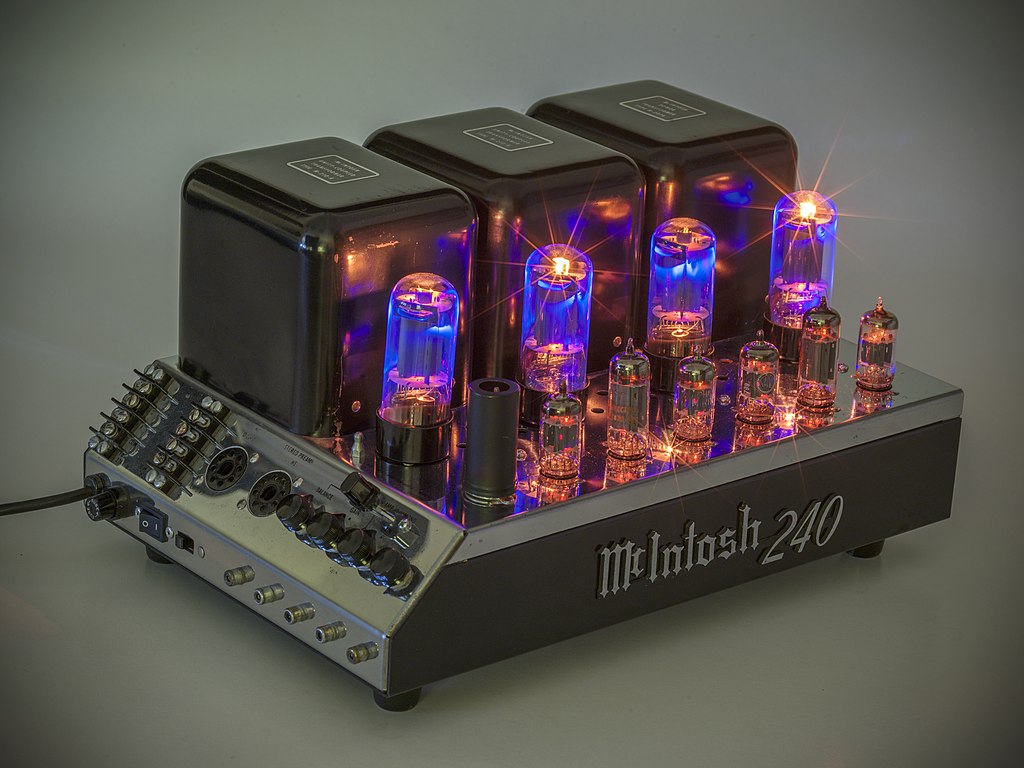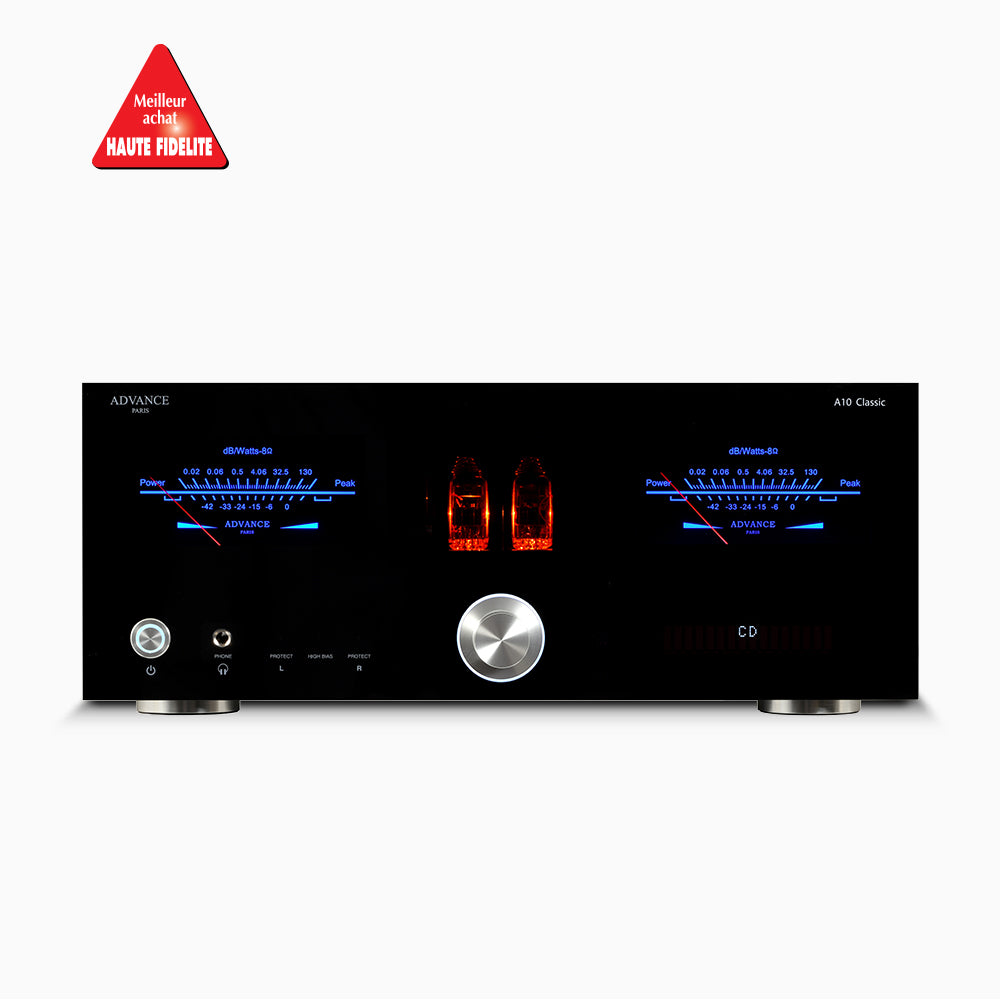Witterings
Well-known member
If the artist is any good, he will have chosen his live sound or recording engineer.
In a live venue, he will have done a sound check.
Before releasing a recording he should really have at least listened to see if it meets his approval.
Think about that in practical terms .... take The Royal Philharmonic Orchestra ... they turn up at a gig, violinist number 2 thinks the PA system's amazing but the trombonist wants it completely ripped out replaced with something else.
The cellist thinks there's too much reverb whilst the Timpani player doesn't think there's enough and they're using the wrong microphones ... the ones they had at the venue the other night sounded so much better .... or was it the acoustics there or a different PA or a different mixing engineer.
The whole of the orchestra then all squeeze into a tiny mixing room and argue the **** out of each other because one likes it one way and someone else the other (this won't be much diferent to a smaller band) so in the end the mixing engineer probably has the final say ..... even if he tweaks it when they're gone.
Let's just take a single guitarist in a band with his fuzz box and the amount of distortion he gives it and the amount opf reverb on his amp .... are you telling me no mixing engineer is EVER going to make any tweaks to that sound?
You also seem to have a dislike for valve amps .... the vast majority of guitarists I've ever been in bands with prefer a valve guitar amp.
What if it's a totally rubbish recording?Just give me an amp that takes an input and faithfully makes it louder - enough to drive speakers adequately.
How many times have you heard the comment it's a poor recording or master ... if all the musicians have as much control as you think they do surely that'd never happen and I hear it daily in forums especially when people are talking about speakers and how one pair can be very revealing and brilliant with good recordings but at the same time unforgiving and awful with bad ones.
Give a **** drummer the best kit in the world and it'll sound rubbish, give the best drummer a set of kitchen pots, pans, lids plastic tubs and milk bottles and he'll make it sound amazing.
I think musicians are more interested in "the feel" of a song and PRAT which is what they and the audience will feel and gives a track expression / emotion ... the finite detail of "colour" at the end is just down to user preferencea and what tools someone uses to achieve that is down to the individual.





